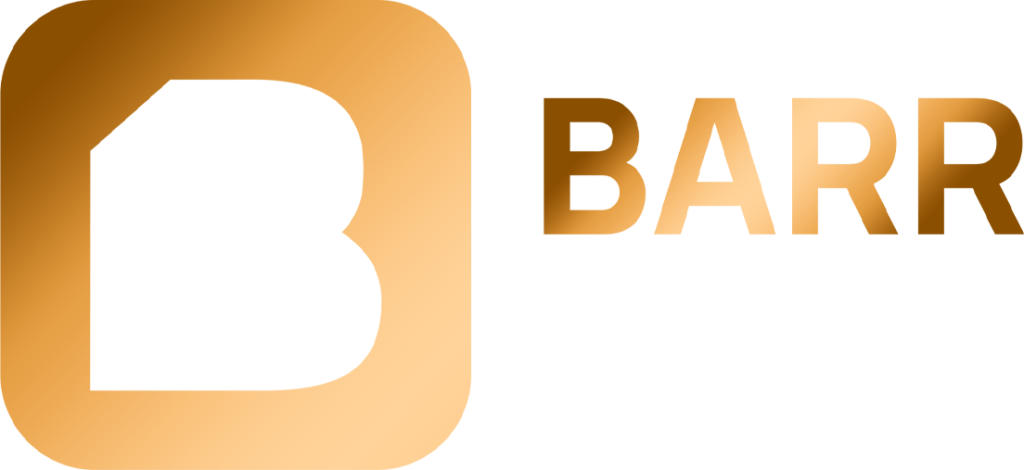Running a small business is an exciting venture, but navigating complex tax regulations can feel overwhelming. With strategic tax planning, you can reduce your tax burden, save money, and set your business up for long-term success. In this article, we’ll explore detailed and actionable tax planning tips tailored specifically for small business owners.
The Importance of Tax Planning for Small Businesses
Effective tax planning goes beyond meeting legal obligations. It helps you:
- Save Money: By identifying deductions and credits, you can reduce taxable income.
- Avoid Penalties: Proper planning ensures timely filings and payments.
- Increase Profitability: With optimized tax strategies, you can retain more profits for reinvestment.
Separate Personal and Business Finances
One of the most crucial steps in tax planning is keeping personal and business finances separate. This not only simplifies record-keeping but also ensures compliance with IRS guidelines.
- Open a Business Bank Account: Use it exclusively for business transactions.
- Invest in Accounting Software: Tools like QuickBooks or Xero can help you track income and expenses efficiently.
Understand Your Business Structure
Your business structure determines how you’re taxed.
- Sole Proprietorship: Income is reported on your personal tax return.
- LLC or Corporation: May offer additional tax benefits and liability protection.
Evaluate your current structure with a professional to ensure it aligns with your goals.
Track Every Expense
Accurate records are the foundation of successful tax planning.
- Keep Receipts: Save receipts for every business purchase.
- Use Technology: Apps like Expensify can automate expense tracking.
Maximize Tax Deductions
Take full advantage of deductions available to small business owners.
- Office Expenses: Deduct rent, utilities, and office supplies.
- Travel Costs: Transportation, lodging, and meals for business trips are deductible.
- Professional Services: Fees for accountants, consultants, and legal advice qualify.
Leverage Tax Credits
Tax credits directly reduce the amount of taxes owed. Some common options include:
- Small Business Health Care Credit: For providing employee health insurance.
- Research and Development Credit: For innovation-related expenses.
Hire Family Members
Hiring family members can provide unique tax advantages:
- Wages to Children: May be exempt from certain payroll taxes.
- Compliance: Ensure proper documentation to avoid IRS scrutiny.
Save for Retirement
Set up a retirement plan to secure your future and enjoy tax benefits.
- SEP IRAs: Allow for higher contribution limits.
- 401(k) Plans: Contributions are tax-deductible.
Plan for Quarterly Taxes
Avoid a large tax bill by estimating and paying quarterly taxes.
- Calculate Accurately: Use accounting software or consult a tax advisor.
- Set Aside Funds: Regularly save for these payments to avoid penalties.
Keep an Eye on Cash Flow
Healthy cash flow ensures you can cover tax obligations without stress.
- Monitor Regularly: Use cash flow forecasting tools.
- Build Reserves: Maintain a buffer for unexpected expenses.
Stay Informed About Tax Laws
Tax laws change frequently, and staying informed is crucial.
- Subscribe to Updates: Follow IRS announcements and news.
- Consult Professionals: A tax advisor can keep you updated on relevant changes.
Consider Hiring a Tax Professional
A tax professional can:
- Help you identify deductions and credits.
- Ensure compliance with tax laws.
- Represent you in case of an audit.
Prepare for an Audit
Audits can be stressful, but preparation minimizes risk.
- Keep Records Organized: Ensure all documents are readily accessible.
- Avoid Red Flags: File accurate and honest returns.
Conclusion and Final Tips
Tax planning is a critical aspect of running a successful small business. By separating finances, leveraging deductions, and staying proactive, you can minimize stress and maximize savings. Partnering with a trusted tax professional can make all the difference in achieving your financial goals.
FAQs
- What is the most common tax mistake small business owners make?
Mixing personal and business finances is a frequent issue that complicates tax filings. - Can I deduct home office expenses?
Yes, if you use part of your home exclusively for business purposes. - What happens if I miss a quarterly tax payment?
You may face penalties and interest charges. - How can I stay updated on tax law changes?
Subscribe to IRS updates or consult a tax advisor regularly.
Should I hire a tax professional?
Hiring a professional is highly recommended for complex tax situations.
